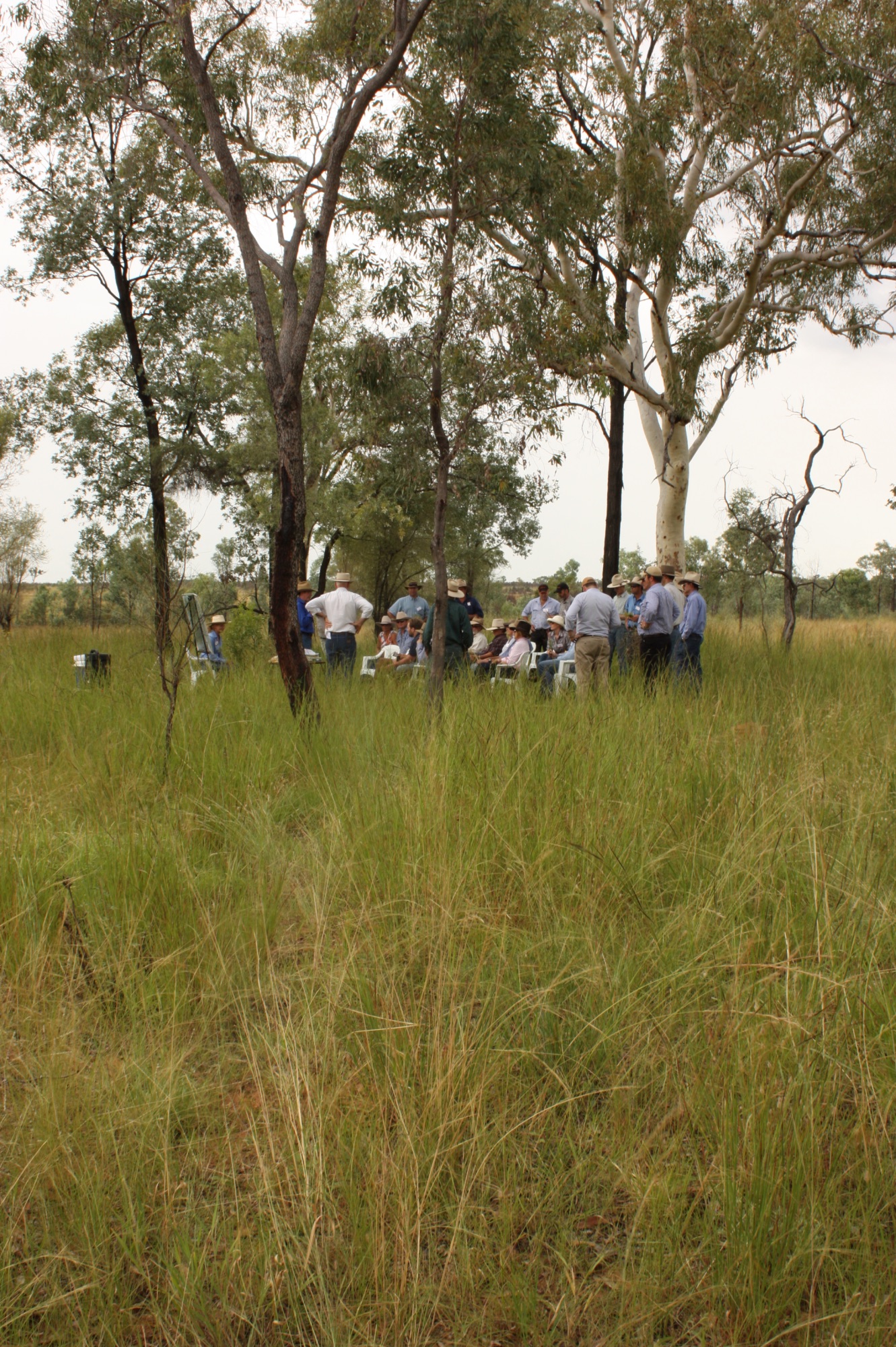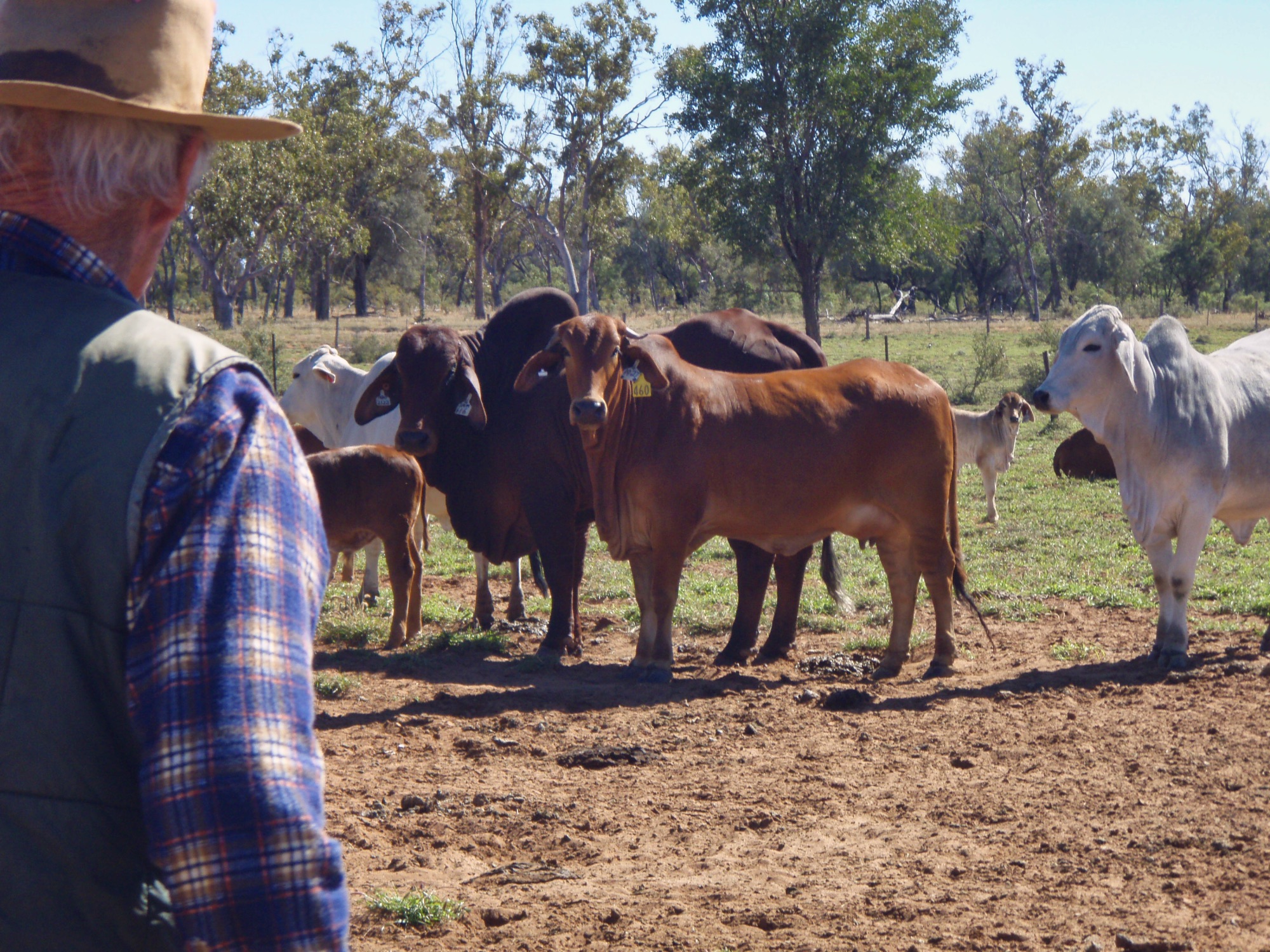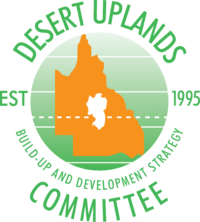Burdekin Dry Tropics (BDTNRM) and its sub-region Desert Uplands (DU) each identified a basic need to improve landholder adoption of Natural Resource Management practices in the region. The Desert Uplands previously recognised a knowledge gap between recognition of many best management practices for natural resources in the Desert Uplands region and their actual use or application.
The objective of this pilot project was to gain understanding of relationships between local knowledge, landscape change, social and economic pressures and NRM practices and evaluate how landholders utilise technical knowledge in order to contribute to DU planning and management to increase NRM practice uptake. Through interviews with landholders in the eastern half of the Desert Uplands this project looked at increasing understanding of what factors influence landholder decisions about natural resource management and the processes that are used to make these decisions.


There was a lot learnt by listening – oral history interviews provided the data collection methodology for this project. The semi- to un-structured interviews allowed the establishment of personal relationships with the participating landholders and provided an in-depth understanding of certain aspects of each landholder’s situation.
SEO3 funding with contributions from the Department of Primary Industries and Fisheries (West Region) and the regional group Desert Channels Queensland (DCQ) enabled this work to be conducted as a pilot research project The research group, with funding from DCQ and DBT, developed a process to expand on the research findings to include other stakeholders that impact on landholder decisions regarding natural resource management. Research findings will also feed into a larger DU and DCQ project.
